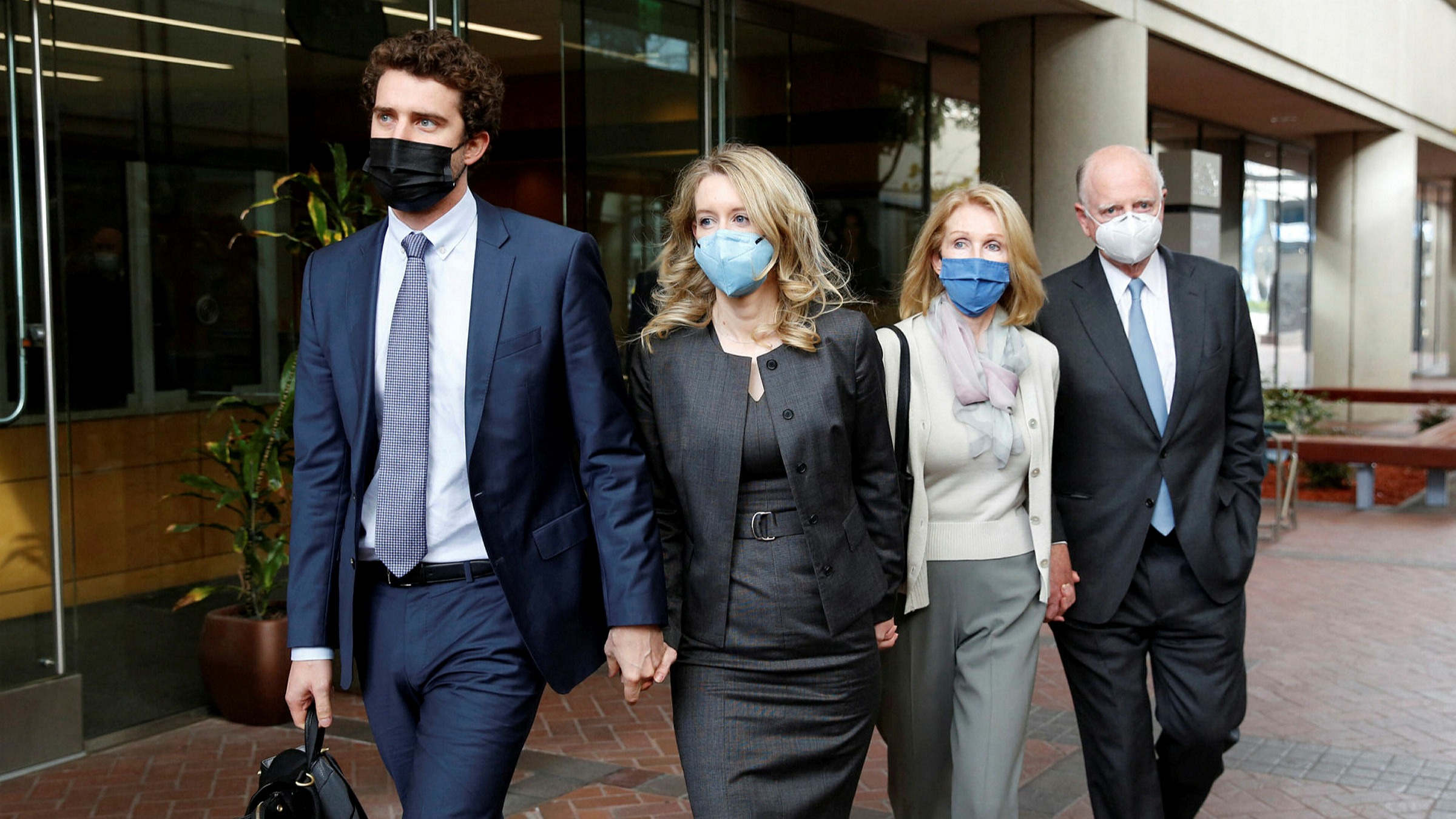
Elizabeth Holmes, the former CEO of Theranos, was found guilty on four counts of fraud and conspiracy on Monday. Thereby, bringing an end to a long trial that gripped Silicon Valley.
She was found not guilty of four other felony charges by the jury. The jury however remained deadlocked on the remaining three charges.
Holmes had bowed her head numerous times before the judge polled the jury. As the verdicts were out, she remained seated and showed no evident emotion. Billy Evans, her partner, displayed agitation at first but appeared calm during the verdict reading.
The US District Judge Edward Davila praised the jury. The judge invited them to see him in his office.
Prominence

Elizabeth Holmes was a once-famous entrepreneur. She had charges of defrauding investors and patients by touting a faulty blood-testing technology as a medical breakthrough.
Holmes has nine of the 11 counts of fraud charges. Two of them are related to a fraud conspiracy that occurred between 2010 and 2015. During this time, Holmes rose to prominence in Silicon Valley. She had a net worth of $4.5 billion based on her claim that Theranos’ technology will revolutionize health care.
Holmes began working on a system that she constantly promised would be able to scan for hundreds of health conditions with just a few drops of blood taken with a finger prick. It was after she founded Theranos in 2003 as a 19-year-old college dropout. For each test, a needle must be placed into a person’s vein to take a vial of blood. It must then carry out in huge laboratories.
Elizabeth Holmes : The downfall
With mini-labs in Walgreens and Safeway stores across the US, Holmes claimed she could give more humane, convenient, and affordable blood tests. It will only be by utilizing a small testing gadget dubbed Edison in honor of the legendary inventor.
The notion turned out to be really appealing. Theranos raised almost $900 million from a large number of high-profile investors. It includes media mogul Rupert Murdoch and software magnate Larry Ellison.
However, most individuals were unaware that Theranos’ blood-testing equipment consistently produced false findings. Thus, forcing the company to surreptitiously rely on traditional blood testing. Holmes also allegedly lied about purported arrangements. She lied that Theranos had made with significant drug corporations like Pfizer and the US military, according to evidence produced during the trial.
A series of startling articles in The Wall Street Journal in 2015, as well as a regulatory assessment of Theranos’ lab, revealed potentially dangerous faults in the company’s technology. And hence, eventually contributing to the company’s downfall.


